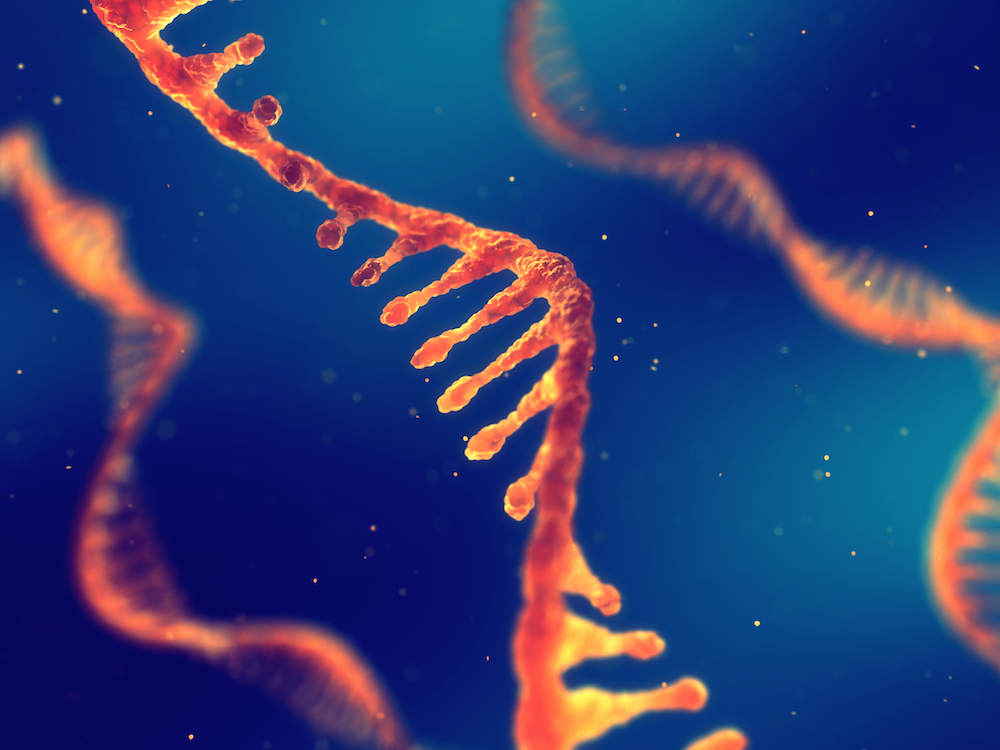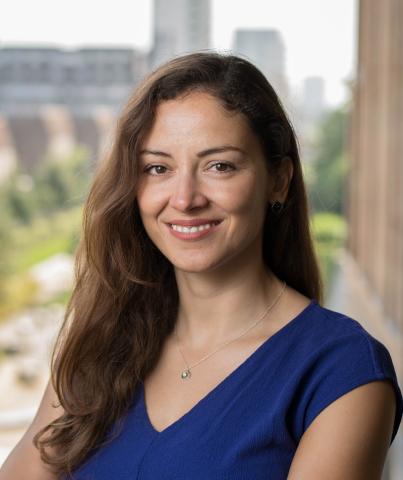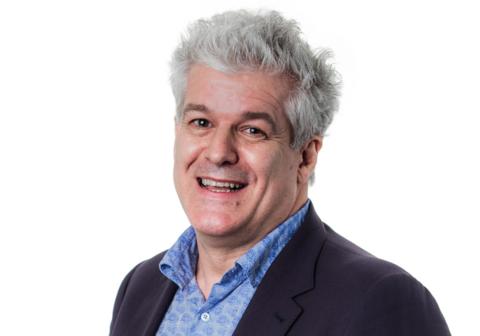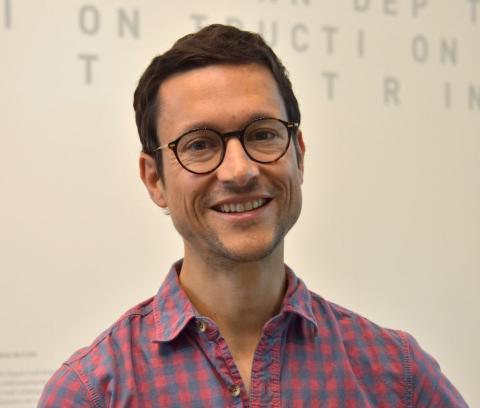
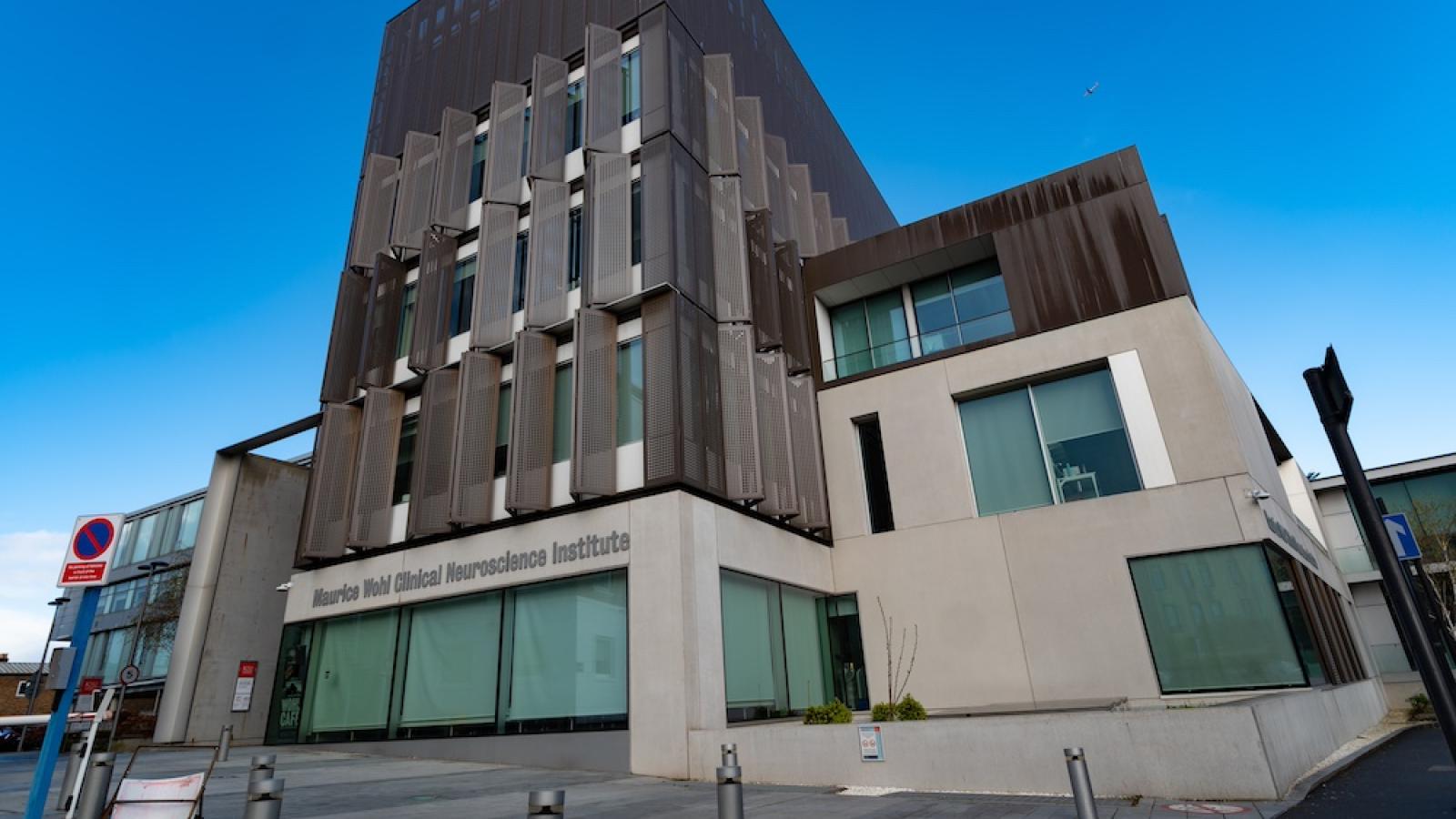
UK DRI at King's

The UK DRI at King's is mapping out the earliest changes in the brain associated with FTD and ALS to gain a much deeper understanding of the causes of these conditions.
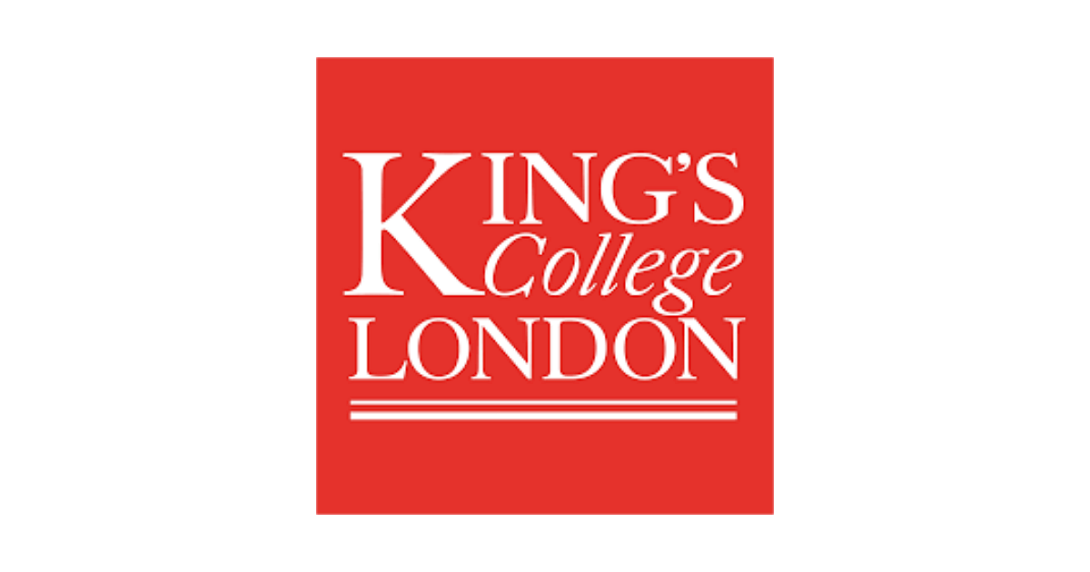
Contact
The UK DRI at King’s, located within the state-of-the-art Maurice Wohl Clinical Neuroscience Institute, aims to understand the fundamental biological processes involved in neurodegenerative disease at a molecular level to design new ways to diagnose and treat disease.
Researchers at the Centre are mapping out the earliest molecular and cellular changes associated with the most common types of motor neuron disease, amyotrophic lateral sclerosis (ALS), and frontotemporal dementia (FTD). These conditions share genetic and pathological characteristics but have distinct clinical symptoms. By investigating these conditions in parallel, the Centre aims to unlock a deeper understanding of what causes these conditions, to develop therapies for patients, and to improve the lives of those affected by ALS and FTD.
The research teams at King’s use cutting-edge techniques to study the role of key genes and proteins in neurodegeneration. These techniques include:
- generation of new stem cell-derived 2D and 3D models of ALS and FTD;
- ‘microfabrication’ facilities to engineer the cellular environments that represent the biology of the cell types that are affected by these diseases, systems and computational biology;
- advanced imaging tools that allow researchers to look at what’s going on inside neurons at the level of individual molecules, enabled by the Wohl Cellular Imaging Centre (WCIC), the UK’s only Nikon Centre of Excellence in Advanced Neuroscience Imaging.
The UK DRI at King's centre focuses on studying the molecular causes and looking for treatments for motor neuron disease and frontotemporal dementia. In this video, Centre Director Jernej Ule, Group Leader Sarah Marzi, and Centre Manager Tanisha Lewis explain the centre’s research and why they are proud to be part of the UK DRI at King’s.
Latest news
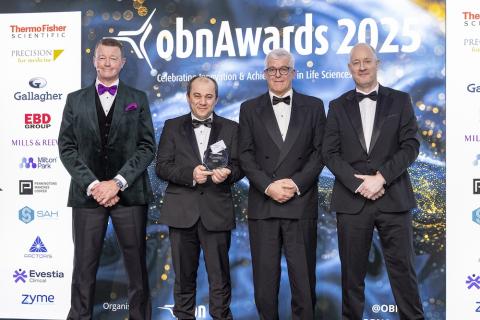
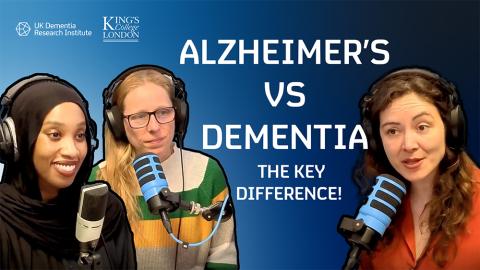
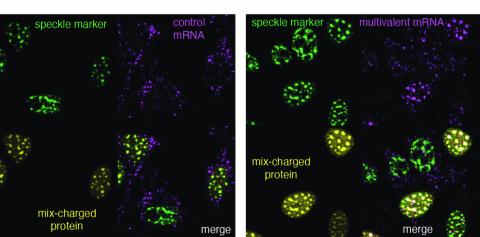
People
Scientific focus
Discover the scientific focus of the UK DRI at King's
